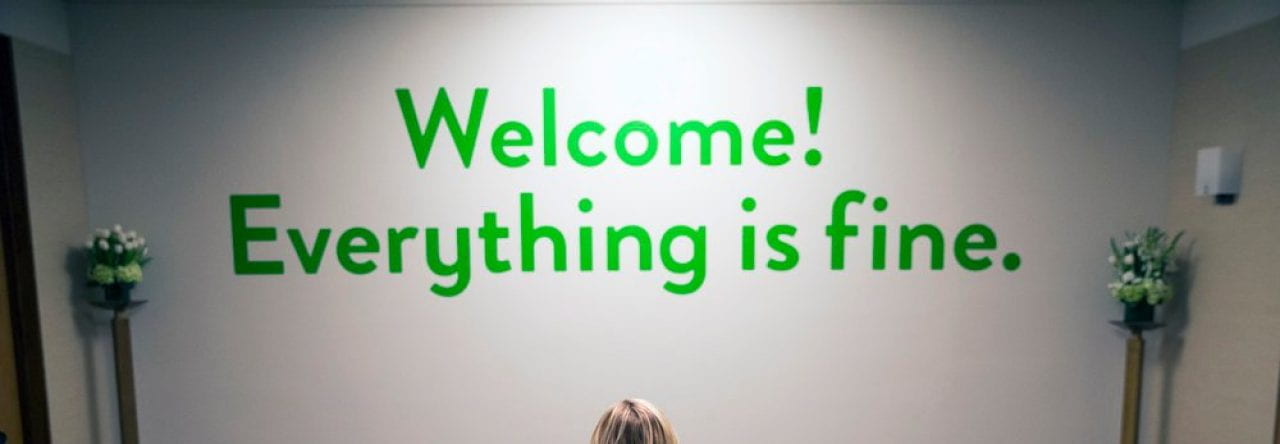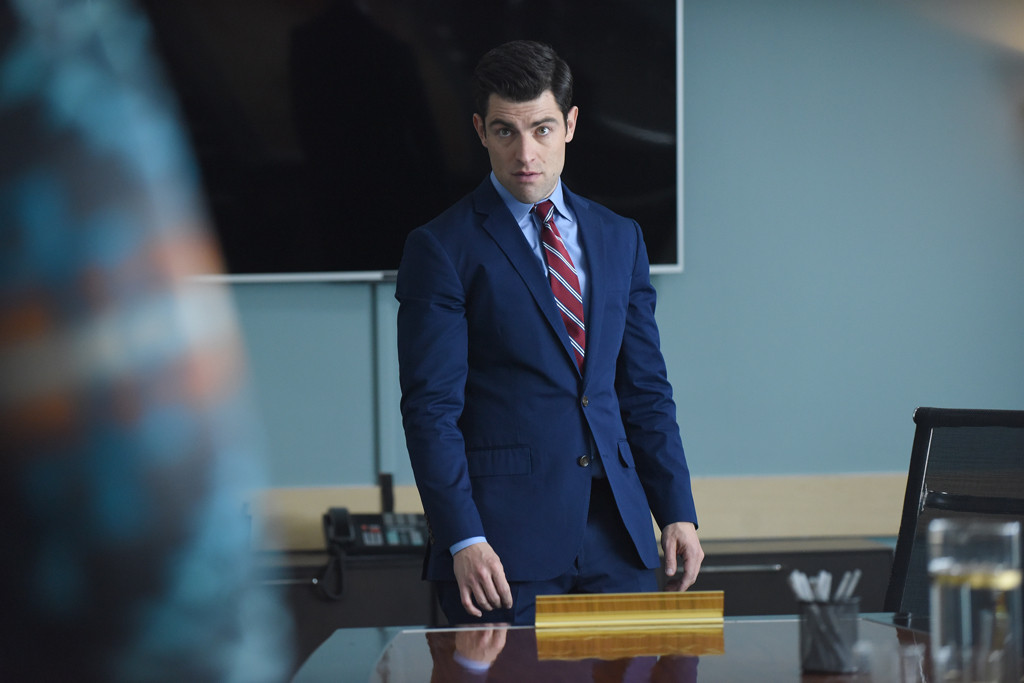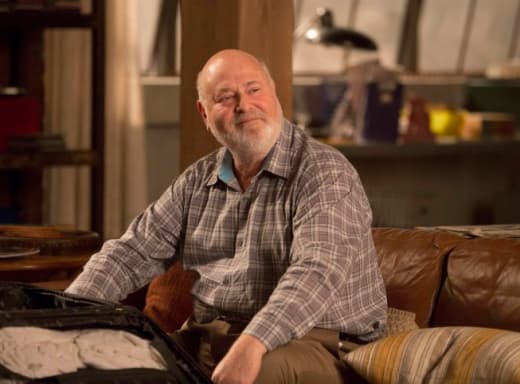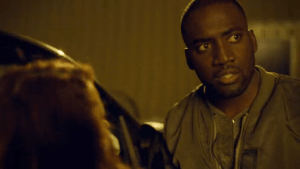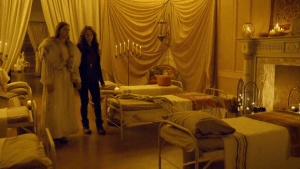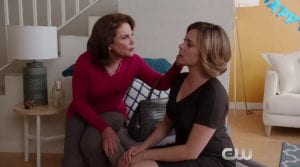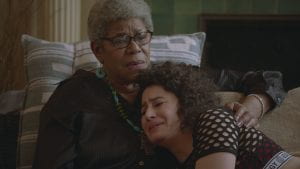Throughout Fresh Off the Boat, music serves as an important component in building relationships. The show tries to communicate that music preference plays a central role in friendship formation. One of Eddie’s primary distinctions is his interest in rap. Not only does it provide a conversation starter, but provides a sort of emotional connection through shared interests. Without actually saying anything, it demonstrates that the emotions strongly felt are shared between two individuals. This is extremely important in the context of building a relationship. Eddie utilizes music as a means to build friendships. One of the most significant occasions of this is in episode 11 of season 3, wherein Eddie struggles to connect with his cousin until they realize that they both share a passion for free styling. Not only does this provide a shared activity for them, but it also seems that Eddie has a newfound appreciation for him. After free styling, Eddie’s tone completely changes around him. This demonstrates the power that music has to be used to create a connection.
In episode 13 of season 2, Eddie makes a mix tape for a girl he likes. They initially started talking because of their shared taste in rap, so Eddie thought that creating a mix tape would help strengthen their relationship. Eddie fears talking to her on the phone, so he decides making a mix tape would, “do the talking for [him].” Eddie feels as if music can communicate his emotions. Music serves as insight into Eddie’s thoughts. It is a huge portion of his identity. In fact, in the episode, this girl becomes mad at him and she says, “Nothing you say is gonna…” and Eddie cuts her off with his mix tape. The music calms her down and she begins to understand him and eventually they make up.

Eddie making a mix tape
Overall, the show demonstrates how powerful music is as a means of connection. It easily communicates one’s emotions to another, regardless of any held beliefs.
